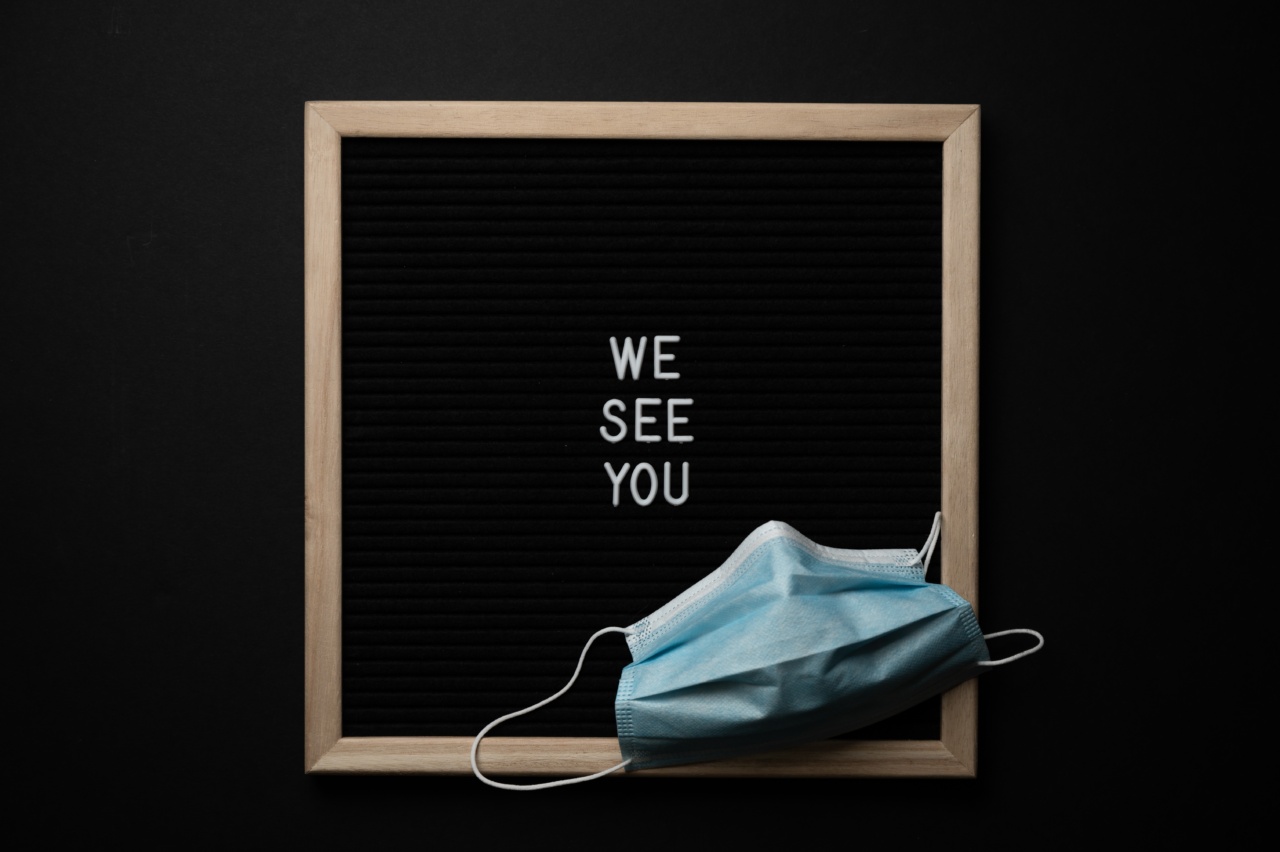Anorexia nervosa, commonly known as anorexia, is an eating disorder that affects millions of people around the world. Most people are familiar with the visible signs of anorexia, such as extreme weight loss, excessive exercise, and restricted eating.
However, there are numerous hidden signs of anorexia that often go unnoticed, making it difficult to diagnose and treat the disorder. In this article, we will explore the mystery anorexia signs that you can’t see.
The Masked Smile
People with anorexia often wear a mask of happiness or contentment, hiding their inner struggles behind a smile.
They may appear cheerful and friendly, but behind closed doors, they battle with intense self-criticism, low self-esteem, and a distorted body image. This constant internal struggle can lead to depression and anxiety.
Obsessive Food Rules
While anorexia is characterized by restricted eating, it also involves an intense preoccupation with food. Those with anorexia may spend hours planning meals, counting calories, and meticulously tracking every morsel they consume.
They may also develop various food rituals and rules, such as cutting food into tiny pieces or eating only at specific times.
Denial and Secrecy
Many individuals with anorexia are in denial about their condition. They may vehemently deny that they have a problem, even when confronted by loved ones or medical professionals.
The secrecy surrounding their eating habits is another red flag, with many individuals going to great lengths to hide their behaviors, such as purging or excessive exercise.
Social Withdrawal
Anorexia can make social situations extremely challenging for those affected. The intense focus on weight and appearance often leads individuals to isolate themselves from friends and family.
They may avoid social gatherings that involve food or feel uncomfortable being seen eating in front of others.
Perfectionism and High Achievers
Many individuals with anorexia are perfectionists who strive for excellence in various aspects of their lives. They may excel academically, professionally, or in other pursuits, seeking control and validation through their achievements.
While their achievements may be impressive, they often come at the cost of their physical and mental health.
Emotional Instability
Anorexia not only affects the body but also wreaks havoc on emotional well-being. People with anorexia may experience mood swings, irritability, and heightened sensitivity.
They may struggle with regulating their emotions, using food or the lack thereof as a way to cope with emotional pain or distress.
Body Checking
Individuals with anorexia often engage in frequent body checking behaviors. They may spend hours in front of mirrors, obsessively examining their bodies for perceived flaws or signs of weight gain.
This body dysmorphia reinforces their negative body image and fuels the desire for further weight loss.
Exercise Obsession
While exercise is generally considered a healthy habit, individuals with anorexia may take it to the extreme. They may spend excessive amounts of time exercising, often to the point of exhaustion.
Their motivation for exercise is often driven by a desire to burn calories or compensate for food consumed, rather than for enjoyment or maintaining physical fitness.
Distorted Body Image
Anorexia is characterized by a distorted body image, where individuals perceive themselves as overweight or chubby, even when severely underweight.
This distorted perception drives the relentless pursuit of thinness, leading to dangerous weight loss behaviors.
Physical Symptoms
While the signs mentioned above are primarily hidden, anorexia can also have visible physical symptoms. These may include extreme weight loss, thinning hair, dry or yellowish skin, brittle nails, feeling cold all the time, and hormonal imbalances.
In severe cases, an individual’s organs may be adversely affected, leading to serious health implications.
Conclusion
Anorexia is a complex and secretive disorder, with hidden signs that often elude detection. It is crucial to raise awareness about these hidden signs to facilitate early intervention and treatment.
If you suspect that someone you know may be struggling with anorexia, it is essential to approach the topic with empathy and sensitivity. Seeking professional help and emotional support can make a significant difference in the journey towards recovery.



























